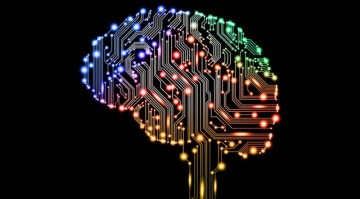 A new report by the bank Goldman Sachs has warned that generative AI technology, such as ChatGPT, could effect 300 million full-time jobs in the US and Europe.
A new report by the bank Goldman Sachs has warned that generative AI technology, such as ChatGPT, could effect 300 million full-time jobs in the US and Europe.
The study said that generative AI could boost the economy and increase global gross domestic product by seven per cent in a decade.
Since its release in November last year, OpenAI’s ChatGPT has rapidly gained popularity and become one of the world’s fastest-growing applications, known for its human-like interactions and engaging conversations. It can perform tasks such as answering questions, writing essays, summarising documents and writing software.
The report said that breakthroughs in AI could automate up to a quarter of jobs, particularly those of lawyers and administrative staff.
Authors Joseph Briggs and Devesh Kodnani calculate that seven per cent of US and European workers could effectively be replaced by generative AI, with vulnerability to other forms of automation taking that figure to around a quarter of all jobs.
Based on data on the tasks performed in thousands of occupations, authors Joseph Briggs and Devesh Kodnani calculate that approximately two-thirds of jobs in the US and Europe will be impacted, to some degree, to AI automation.
However, the majority of employees are likely to see only a fraction of their duties automated, which could enable them to concentrate on more efficient tasks. The report find that this will be a likely scenario for 63% of the workforce in the US.
Workers in physical or outdoor jobs will likely not be impacted to the same extent by generative AI, although their work could still be vulnerable to other types of automation.
Globally, the report’s authors estimate that automation could replace around on-fifth of all current jobs.
Generative AI’s impact could affect all wage levels, with higher-paying jobs potentially facing more significant exposure. Its effects would not be restricted to industries that have experienced higher productivity growth in recent years.





